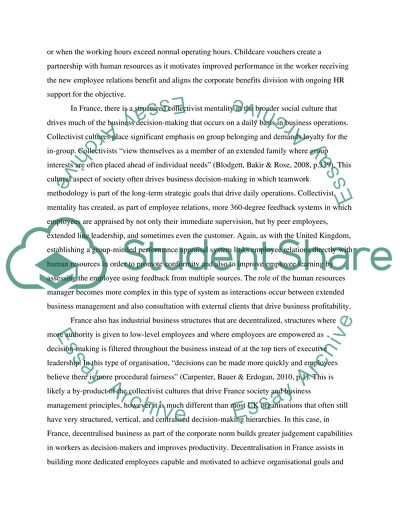Cite this document
(“Comparative Employee Relations: The UK and France Essay”, n.d.)
Retrieved from https://studentshare.org/social-science/1410707-comparative-employee-relations
Retrieved from https://studentshare.org/social-science/1410707-comparative-employee-relations
(Comparative Employee Relations: The UK and France Essay)
https://studentshare.org/social-science/1410707-comparative-employee-relations.
https://studentshare.org/social-science/1410707-comparative-employee-relations.
“Comparative Employee Relations: The UK and France Essay”, n.d. https://studentshare.org/social-science/1410707-comparative-employee-relations.


